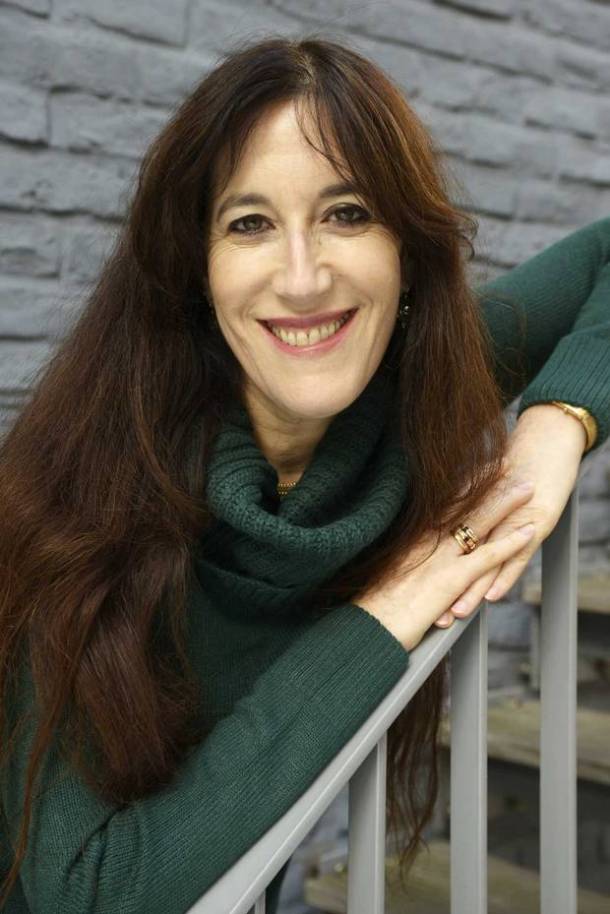 From my NYJB review: “. . . readers prone to depression might consider acquiring a prescription for antidepressant medication before attempting to read The Remains of Love.” Additional remarks that appeared in a different and now defunct publication begin with the next paragraph.
From my NYJB review: “. . . readers prone to depression might consider acquiring a prescription for antidepressant medication before attempting to read The Remains of Love.” Additional remarks that appeared in a different and now defunct publication begin with the next paragraph.Israeli books: Zeruya Shalev's 5th novel views family through a Freudian lens
Israeli author Zeruya Shalev's fifth novel The Remains of Love, published yesterday by Bloomsbury, departs from the first person narration of her previous fiction in favor of a third person narrator whose attention alternates between three protagonists. Ms. Shalev's novels are known for their raw emotion (I strongly recommend her previous novelThera, but only to emotionally stable readers). In my New York Journal of Books review of The Remains of Love I note that "by shifting between the characters the emotion is diffused and less intense" than Thera, though it is still "emotionally powerful," and I recommend the new novel "to readers who enjoy psychological fiction about family dynamics written in dense prose."
Of the book's three protagonists Dina most closely resembles her author, both of whom were born on kibbutzim, moved with their families to urban areas as children, and as adults married and became mothers of only children. Ms. Shalev's left-wing politics are represented by Dina's brother Avner, a human rights lawyer.
Her characters have solipsistic perspectives, but that should not reflect badly on their author. In 2004 while walking in Jerusalem's Rehavia neighborhood after dropping her child off at kindergarten a passing bus was blown up by a suicide bomber resulting in injuries to Ms. Shalev from which it took four months to recover. After such a trauma a person of weaker character might have become politically neoconservative, but if Avner is any indication it appears Ms. Shalev stands by her progressive principles,
One aspect of Jerusalem life not reflected in her fiction is the extent to which her secular characters have become an ever smaller and isolated minority within that increasingly Orthodox city. It would not be surprising if characters in her future novels will have moved to the western suburbs such as Mivaseret Zion.
 Zeruya Shalev
Zeruya Shalev